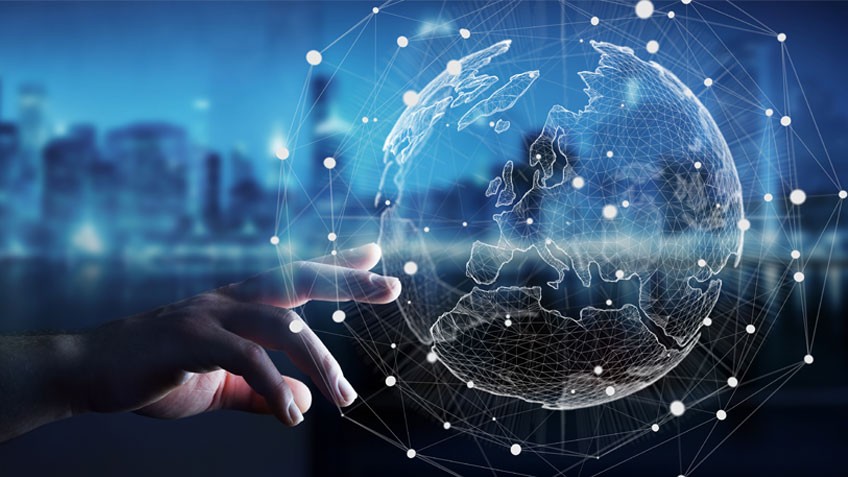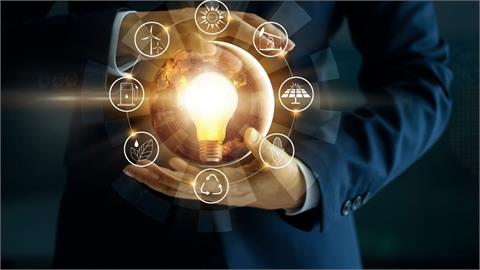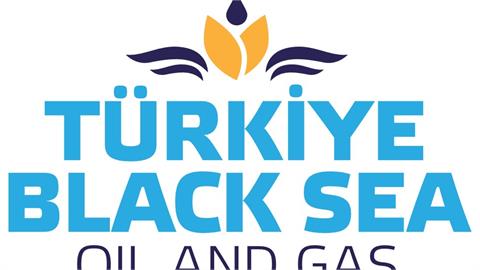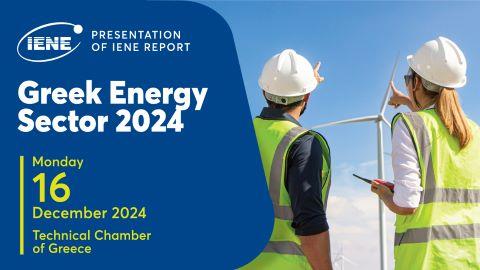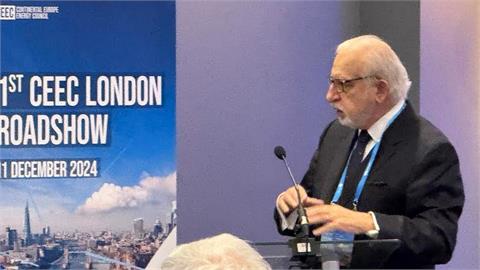As governments went ahead and enforced the lockdown of whole cities and countries across the globe over the last three months, in a desperate attempt to contain the coronavirus pandemic, business and scientific communication rapidly changed tack and switched into digital mode. Increased use of the internet, social media and the rise of webinars and teleconferencing became the main tools for the promotion of public debate as face-to-face meetings, social gatherings and conferences were scrapped from day one.
As governments went ahead and enforced the lockdown of whole cities and countries across the globe over the last three months, in a desperate attempt to contain the coronavirus pandemic, business and scientific communication rapidly changed tack and switched into digital mode. Increased use of the internet, social media and the rise of webinars and teleconferencing became the main tools for the promotion of public debate as face-to-face meetings, social gatherings and conferences were scrapped from day one.
The Institute of Energy for SE Europe (IENE) was no exception to the rule as it first postponed and then cancelled all its scheduled conferences, open debates and educational seminars. The Institute soon endorsed the prevailing new digital trend and made full use of all available communication channels. As the great bulk of IENE's daily communication was already being conducted through the internet, the change over to a full digital environment was not that difficult. The immediate impact to the operation of the Institute during the pandemic was the extensive use of online platforms for the organization of all internal committees (Executive Committee, Scientific Committees) and project group meetings with the participation of all team members. As the IENE has at any time a number of research and study projects running where in house staff and external contributors are involved, Skype, and later Zoom and Webex, proved to be most useful platforms.
The pandemic and the realization that a lot more people were now following developments through social media forced the Institute to speed up its plans for the launching of its Facebook page while it upgraded its information flow through LinkedIn. Next came the organization of well planned discussions through webinars with the first one taking place on May 14. So far the Institute has organized three such Webinars through which it sought to examine the impact of the pandemic on the energy markets including oil, natural gas and electricity with the participation of well known experts and industry executives from Greece. In the last Webinar, which was organized last Friday (May 22) a lively debate took place on how the upstream sector has been affected and the impact on planned exploration work. More webinars are now planned in June with a wider agenda in mind in order to examine in depth a whole range of issues involved in the Energy Transition.
Over the next few weeks, the Institute will broaden the debate at SEE level by inviting experts,academics and company executives from all different countries in the region to participate in a series of Webinars where a wide range of issues will be addressed.
Personal invitations to all IENE members to join the webinars will be sent well in advance while separate announcements will be posted on the Institute's website.
